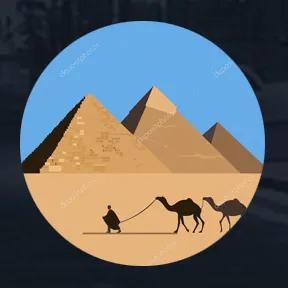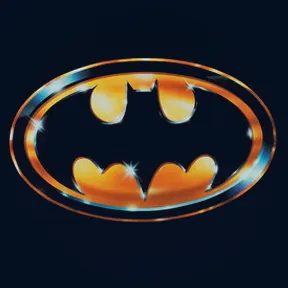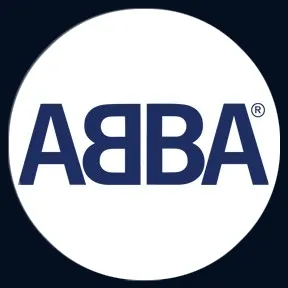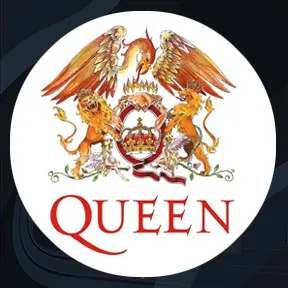Fact or Fiction: Forgery in the Great Pyramid?
High up in the relieving chambers of the Great Pyramid of Egypt there are a number of workers quarry marks, red ochre graffiti that reveals the name of King Khufu.
This is one piece of evidence used by Egyptologists, and also many independent researchers, to date the Great Pyramid to the 4th Dynasty of the Old Kingdom.
And there isn’t just one solitary piece of graffiti. Khufu’s name does not appear just once. There are in fact 12-15 different instances of his name inside the relieving chambers, including different variants.
They were first discovered by Howard Vyse and John Shae Perring in the early 19th century, and it was the first solid piece of evidence that allowed us to put a time stamp on this enigmatic structure.
The Great Pyramid was built in the reign of Khufu – his name is written all over it.
But today, in the age of the internet, this dating evidence remains one of the most controversial subjects in relation to the Great Pyramid. So many people believe the graffiti is a hoax, created by order of Howard Vyse in the 1830s.
But why do so many people believe this? What solid evidence is there, and does it hold up to scrutiny?
Well, in this video, I’ll be taking an in-depth look at the Khufu cartouche graffiti and by the end, you’ll know whether or not this really is solid evidence to date the Great Pyramid to the reign of King Khufu.
00:00 Introduction
02:10 The Khufu Hoax Myth
03:54 Vyse's Discoveries
09:09 The Khufu Cartouches
11:06 The Controversy Over the Discovery
18:58 The Forgery Claims
20:18 Claim 1: The Words of Samuel Birch
24:39 Claim 2: An Eye-witness to the Forgery
29:39 Claim 3: The Journal of Howard Vyse
32:15 Claim 4: The Red Ochre was Radiocarbon Dated
35:53 Claim 5: Davison’s Chamber has no Graffiti
39:00 Claim 6: The Khufu Spelling Mistake
40:53 Claim 7: The Great Pyramid was Renovated
43:19 New Claims
51:40 What Did Vyse Actually Gain?
53:20 Graham Hancock and John Anthony West
58:50 Conclusion
















































